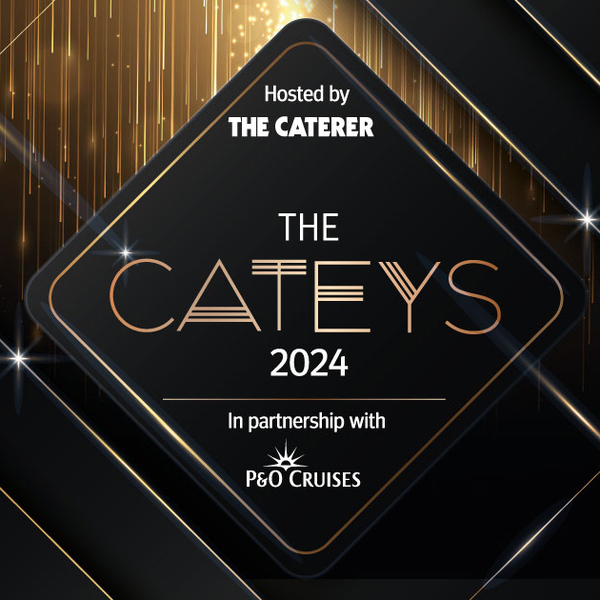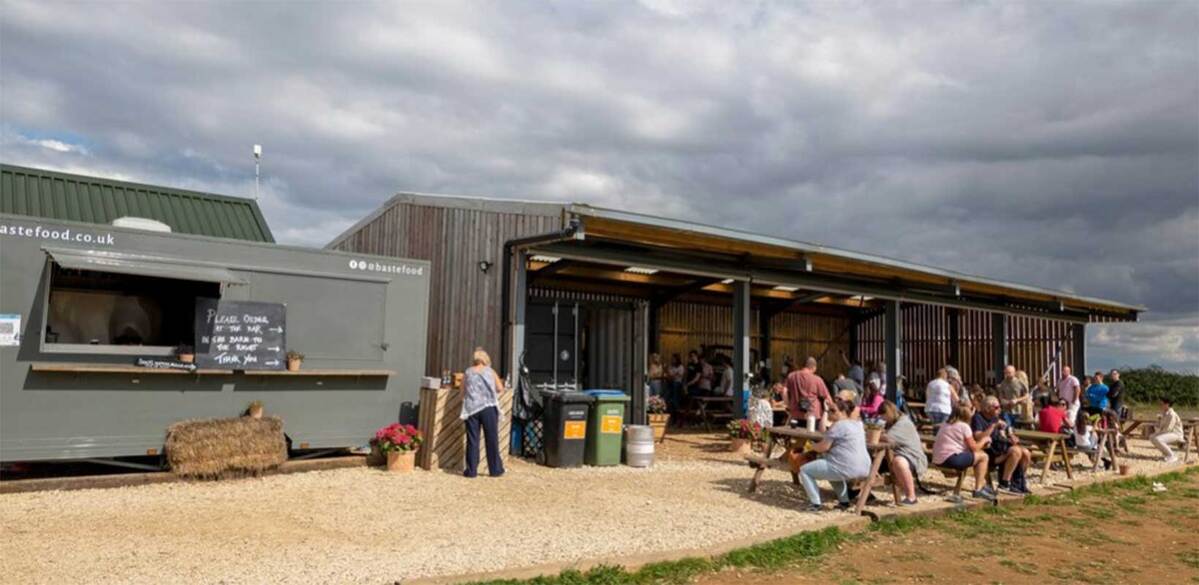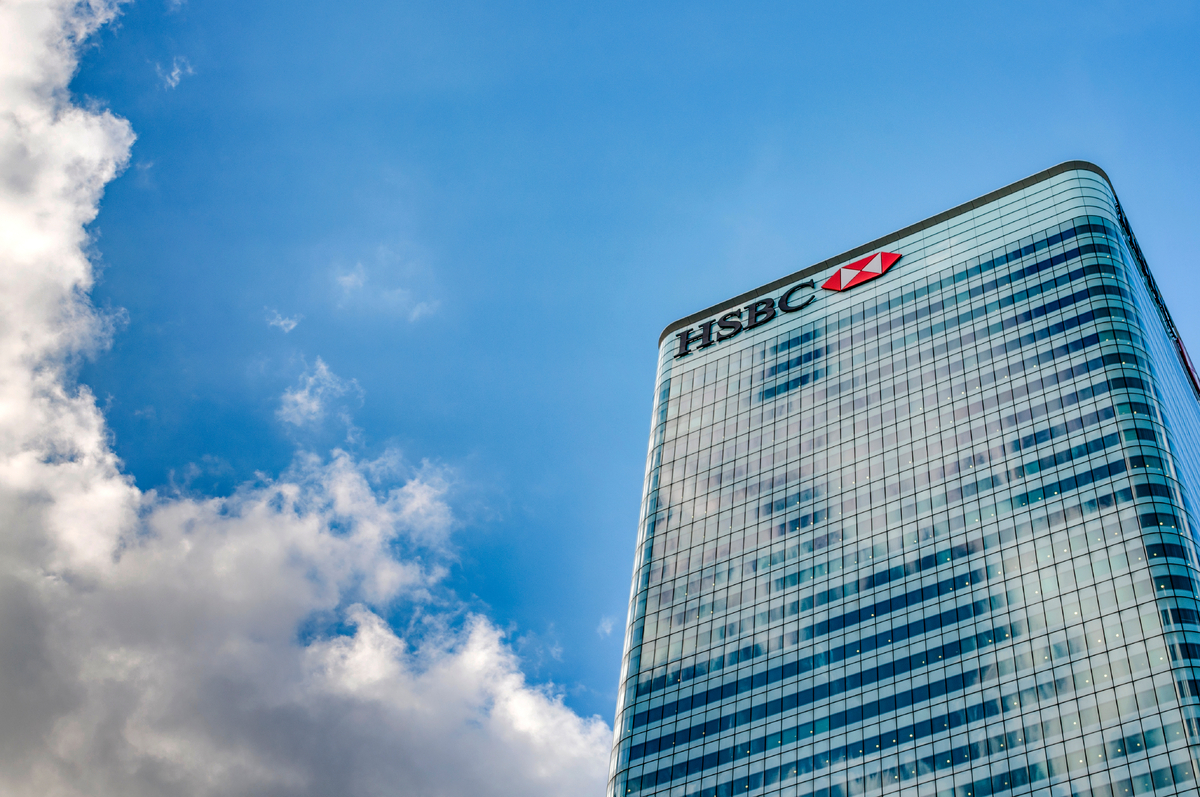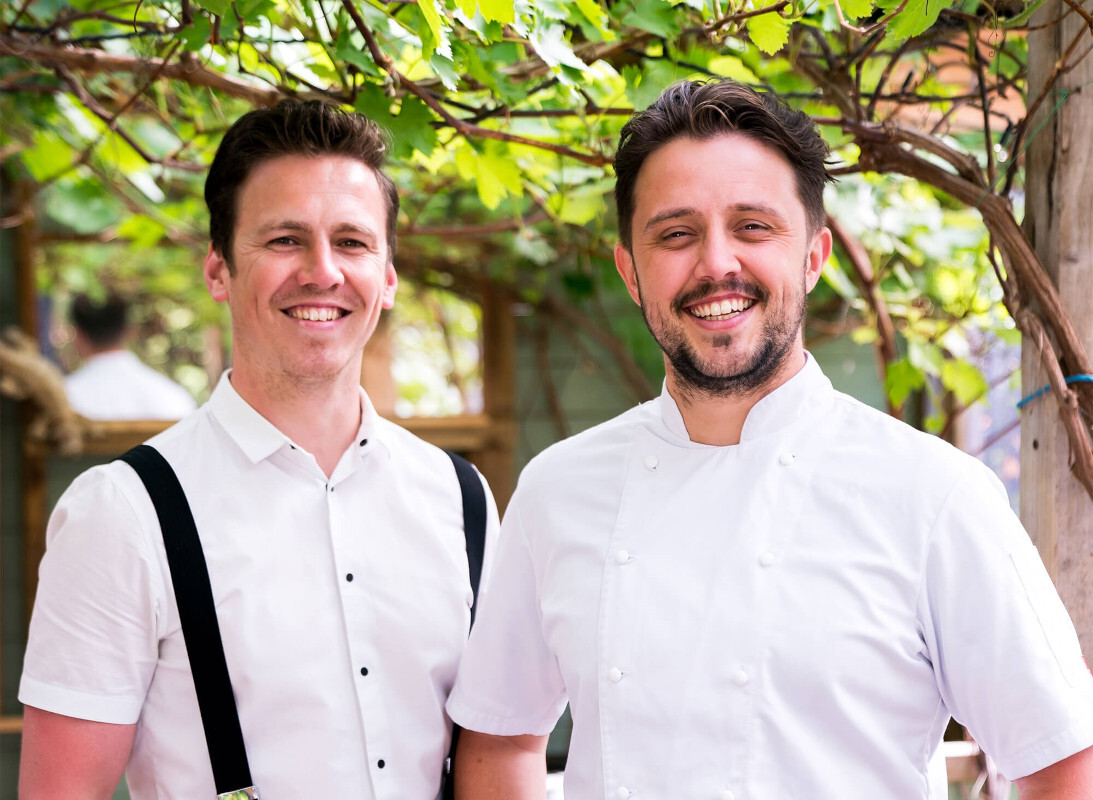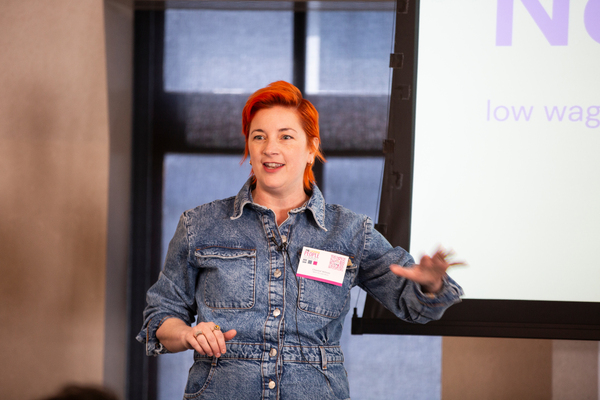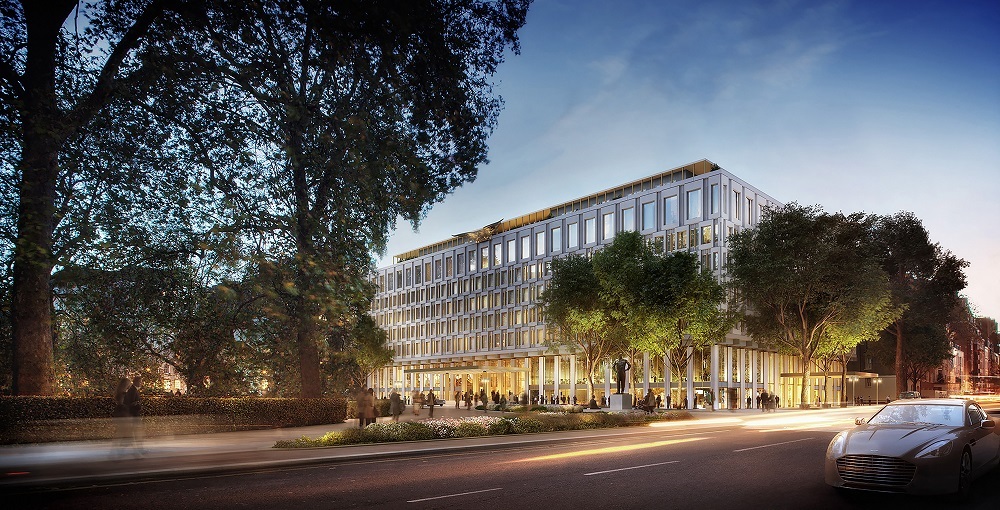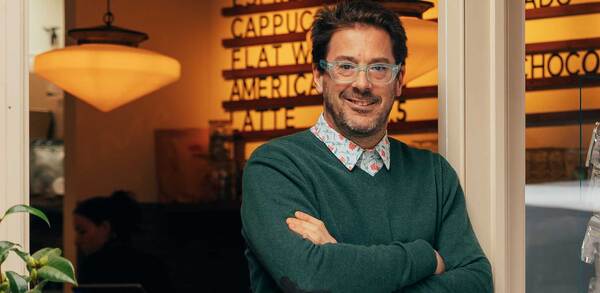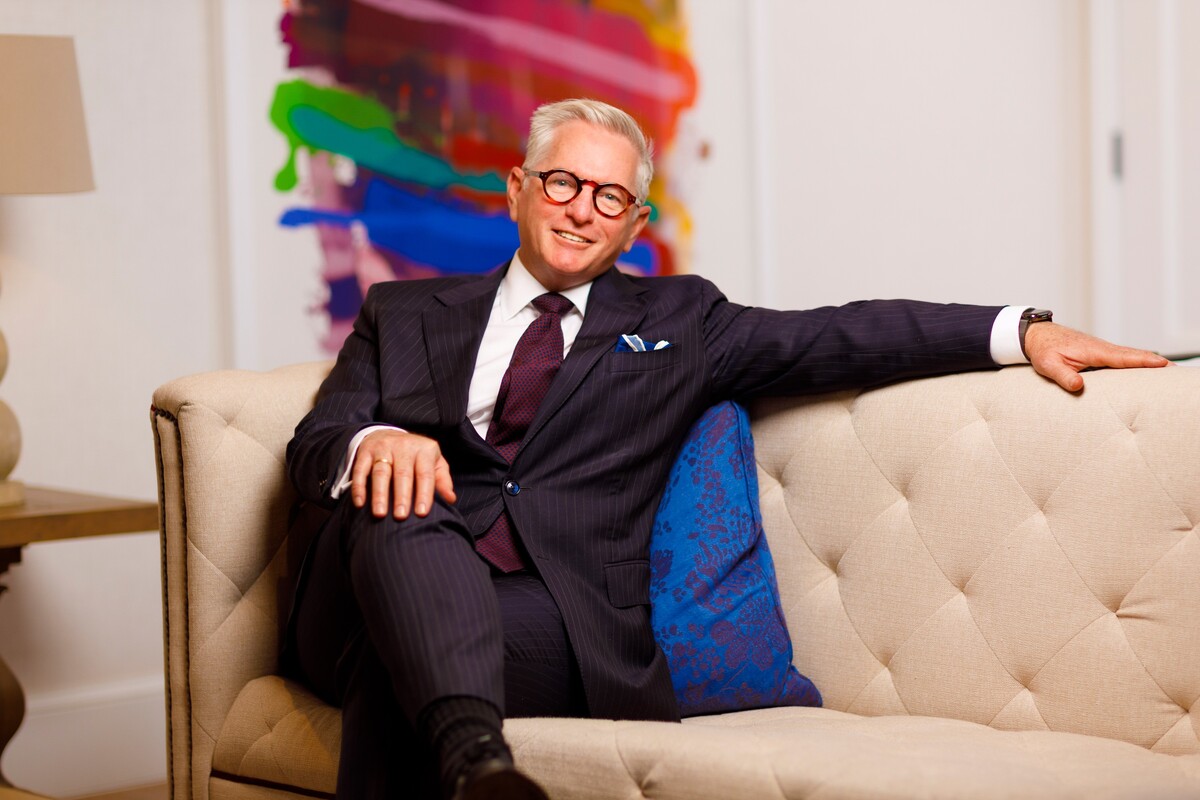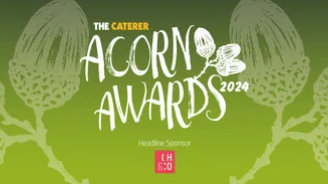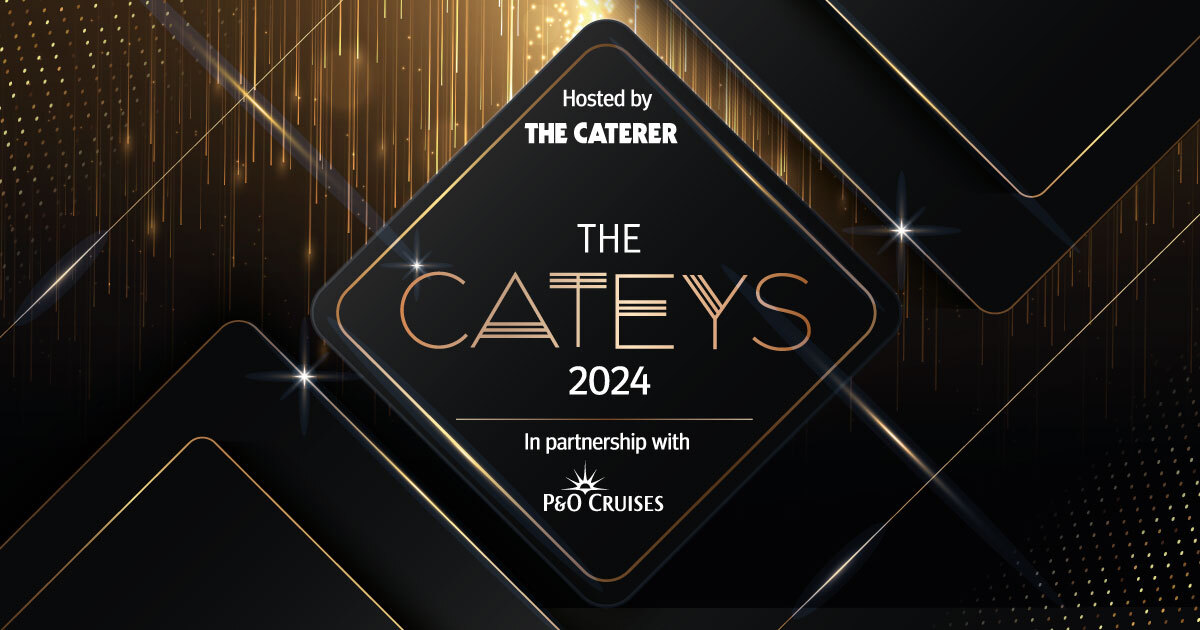A spiritual home
Entering a third career as a hotelier was not what Bjorn Teksnes had in mind when he set about restoring a 17th-century manor house south of Market Drayton in Shropshire.
The Norwegian had already worked as a structural engineer and a golf professional, and the new house was to be the "dream home" for him and his wife Maria.
Seven years, £1.2m and much hard work later, the pair decided to decorate a few of the seven guest bedrooms for their London friends to stay in. But the popularity of the idea dictated a change to the original plans and, by Christmas 1995, they were running the house as a hotel, with Maria cooking six courses of 17th-century fare for their guests.
With the hotel now looking like a museum piece, in August the Teksneses opened Old Colehurst Manor for tours of the house and garden, where rare breeds of birds with lineages dating from the 1600s graze among the newly planted English roses, also sourced from stock of that era. The tours will boost revenue, which, while not the raison d'àtre for the couple, will go some way to meeting the cost of the restoration.
The house was bought for £20,000 and Bjorn's initial estimate was that it would cost £375,000 to fix the structural problems. This rose to almost £900,000, and the final bill, with the garden and electrics, totalled £1.5m.
The operating costs are held down by the pair devoting their time to the manor. "It is a personal cost, our labour that is involved," says Maria. "It is my kitchen, but also my work. I suppose it really is a labour of love."
With his background in engineering, Bjorn took on the Herculean task of restoring the manor virtually singlehandedly, but he says that that has been part of the fun. "The enjoyment has been to prove everyone wrong, that one man could not do 90% of the building work," he says with a smile.
With Bjorn becoming engrossed in the history of the building, Maria began to research recipes dating from the 17th century and earlier. Starting with one book from the local library, she has collected more than 100 recipes, testing and adapting them as she goes.
Much of the cooking was initially done by guesswork, as the original recipes had few measurements, merely a list of ingredients.
Guests at Old Colehurst Manor must book in advance and any dietary requirements are noted and incorporated into Maria's menus. Saturday night's 17th century six-course meals are generally planned a week in advance.
Maria tries to stick with the old-English style, even collecting eggs daily from her own hens. In her cooking, however, she breaks away from the "peasant fare" that would traditionally have been served. "I am extravagant, but I feel I have to be - and indeed want to be," she laughs.
Her attention to detail in her drive to ensure authenticity is impressive. Naturally, bread is home-made. Hens are corn-fed, and soups are made with egg thickener or breadcrumbs. Ingredients are bought locally in Market Drayton, and items such as salmon are smoked for a week over one of the manor's many fireplaces.
Organically grown produce would be Maria's first choice, but she recognises that a new business cannot charge the higher prices organic produce demands until its name has been established.
The dedication to authenticity in the kitchen is mirrored in the house itself. The fireplaces, wall hangings and antique furniture all support the feeling that the visitor has stepped back in time by 400 years.
The antique items in the house have been collected over the past nine years from around Europe. For example, the headboard and wardrobe for the Gold Room were strapped to the roof of the Teksneses' car and driven over from France.
The collection has paid off financially, standing as collateral against a £250,000 bank loan. (The antiques are worth about £300,000 in total.) As Bjorn says: "We will still have a home should the financial side go wrong - no furniture, but a home!"
Decisions such as whether to buy a new Volvo 900 estate car or an ornate oak fireplace, originally built in 1412 and restored in 1814, are made with Colehurst Manor in mind. In this instance, the fireplace won, at a cost of £16,000. "That is my new car," Bjorn says, indicating the fireplace. But, he adds pragmatically, at least it will increase in value.
The headboards and footboards of the beds in the seven rooms have all been collected from across the Continent, while the bed frames were made by Bjorn from boards taken up during the renovation. The pair have furnished the beds with Scandinavian mattresses similar to the one they sleep on.
The attention to authenticity extends to the crockery, which has been individually made from designs based on fragments of pottery Bjorn found when he was renovating. Thirty sets of Elizabethan slipware were made by Steve and Sue Milligan at a cost of £20 per plate. Bone-handled knives and forks dating from the 17th century are bought whenever Bjorn can find them and, he jokes, even when he cannot afford them.
Scandinavian practicality is apparent in many places, but none more so than in the warmth of the old house. Bjorn and Maria used plastic bags to block the holes in the walls during their first year in the house. Now guests can snuggle up in beds warmed by electric blankets, and walk about on floorboards that are heated underneath. Some bedrooms, and all the public rooms, have fireplaces.
Bjorn regards the house very much as a winter house, with the cosiness which the fireplaces add to the early evenings. But the busy past summer has been kind to the electric bill, which Bjorn estimates is 15% of all running costs, about £12,000 annually.
Guests are invited to dress in costume, provided by the wardrobe room at the manor. The family themselves get into appropriate attire, Maria in the kitchen and Bjorn as jovial host. Even their eight-year-old daughter Juliette takes part, dressing up and showing off her dancing skills.
The Teksneses do admit to finding the work draining and have formulated a plan to reduce the strain. The Manor will take guests all week, but will only serve the three- or six-course meals on Thursdays through to Saturdays. The exception, says Bjorn, will be for a group or house party who wish to dine in.
During the week, tour buses will be accommodated, with lunch from £10.95 or afternoon tea from £6.95 including a guided tour of the house and gardens.
Bed-and-breakfast rates range from £35.90 for a twin room with shared bathroom to £85.90 for the largest double room, which has its own fireplace, dining area and large bath. There is also a library for small meetings and, given notice, the restaurant is available for one-off functions.
More staff will probably be taken on in the future but Bjorn points out that not every chef will cook the food they want to serve, so recruiting could be difficult.
At present, Maria has kitchen help to prepare vegetables and wash up, and there is a house cleaner now, as Maria decided she could not cope with that as well as the food. Previously a hairdresser, she still occasionally cuts hair for valued customers, but says that this too must stop.
As with all old manor homes, there are spirits aplenty. "Fred" has been Bjorn's friendly ghost throughout the restoration. "I was doing things I had never done before. But I knew instinctively what had been here. I began to believe I had been here before. Fred was somehow there and looking after us," recalls Bjorn.
There is also the female Catholic ghost in the Red Room, who only appears to frighten Protestant guests!
The Teksneses are comfortable in their home, if a little worn out by their new careers.
Indeed, Bjorn is now quite convinced he has been in the house in a previous lifetime - a conviction strengthened by his own mother, who declared that she too had "been here before" following her first night in the Great Room.
